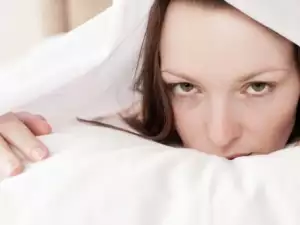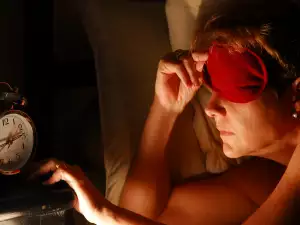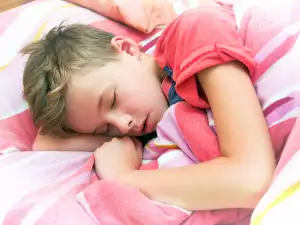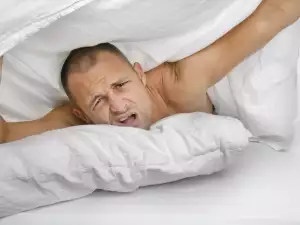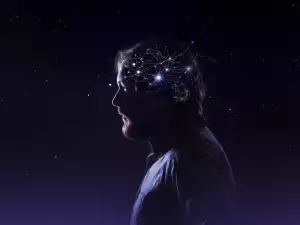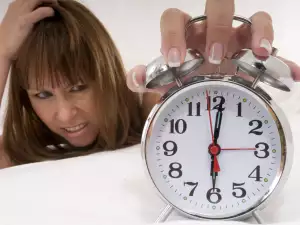A study shows that a lack of sleep can lead to false memories. The study is the 1st of its kind and has determined that less than 5 hours of sleep per night is linked to the formation of false memories.
The research was done by experts from the the University of Michigan and a University of California. The experts decided to study this in depth and created a test. The test was to determine how the lack of sleep affected the formation of false memories.
The researchers used 104 college students that took part in the test, which had false information. The participants were divided into 4 separate groups, with each group having a task.
In the first part of the test, the scientists handed out different types of pictures that depicted a crime.
They were given to 2 of the groups late at night, while one group was allowed to sleep during the night and the other had to stay awake.
The other 2 groups were also divided - one slept throughout the night, while the other did not. They, however, looked at the pictures with the crimes the next morning.
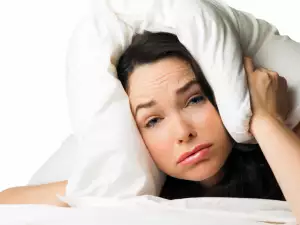
In the next part of the study, all of the participants read eyewitness testimony - these accounts gave different information from that found in the pictures.
Next, the participants were asked to share what they remembered from the pictures that they looked at, with that being the final stage of the test.
The persons from the group that looked at the crime pictures, read the eyewitness accounts and made efforts to remember what they had seen after not having slept all night, claimed that the details from the stories were actually present in the pictures as well.
This implies the formation of false memories, claimed the experts that carried out the study.
Those participants who were deprived of sleep were more likely to claim that they had seen something, which in reality they hadn't seen, as opposed to those who slept the entire night.
The full results of the study are published in "Psychological Science" magazine.


